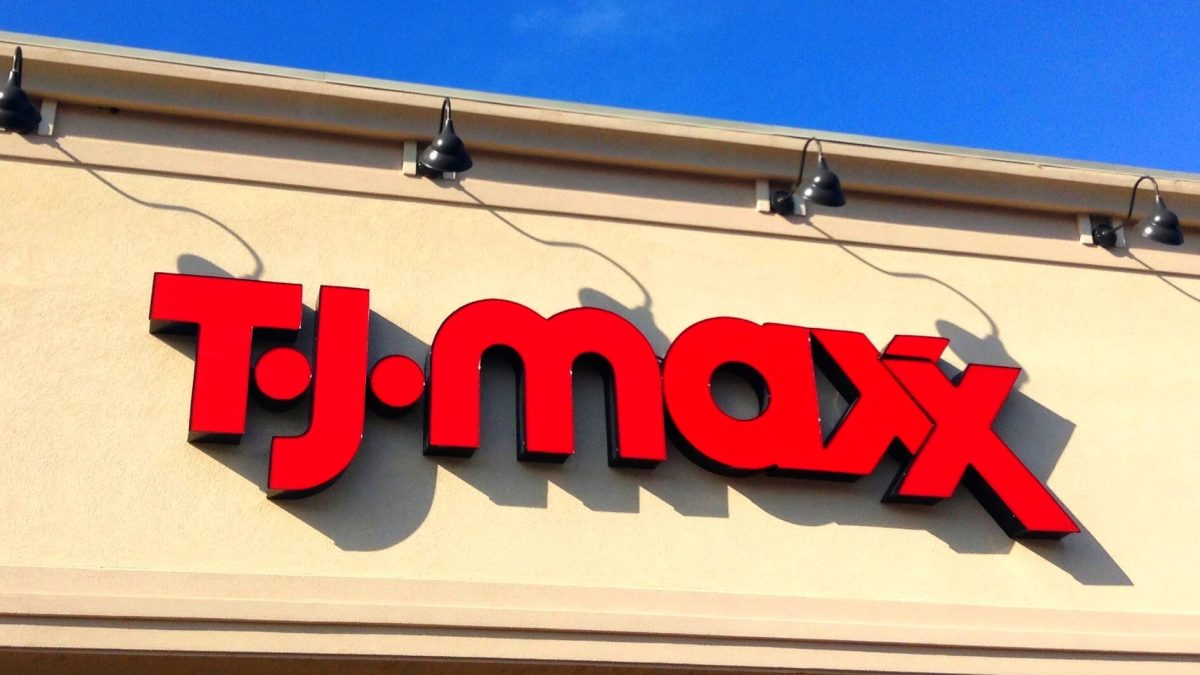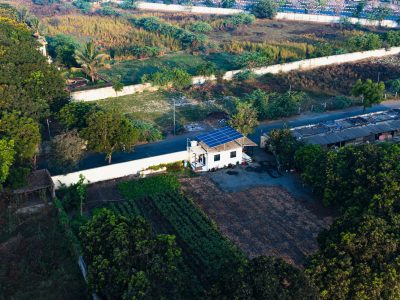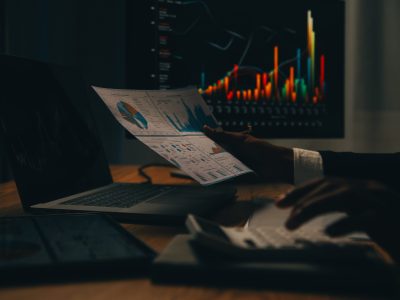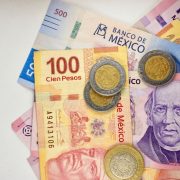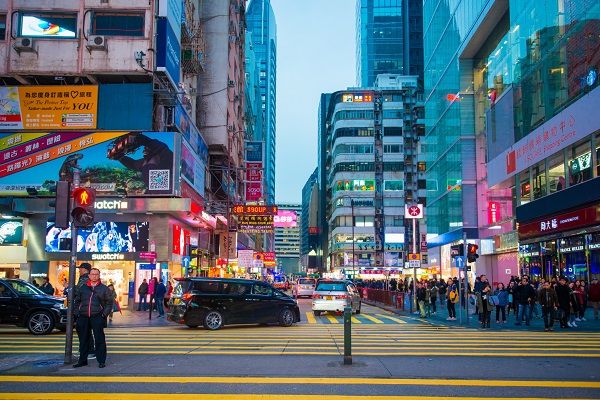
The Hang Seng index has rebounded in the past few days, joining other global indices that are doing well. It has risen in the past eight consecutive days and is hovering at its highest point since June. Also, it has jumped by over 23% from its lowest point this year.
HKMA interest rate cut
The Hang Seng index rose after the Hong Kong Monetary Authority (HKMA) decided to slash interest rates by 0.50% last week.
Historically, the HKMA does whatever the Federal Reserve does because of the peg that has existed for over three decades.
This peg ensures that the USD/HKD exchange rate remains within the support and resistance levels at 7.75 and 7.85. Hong Kong companies often do well when the HKMA reduces its interest rates.
The Hang Seng index’s rebound coincided with that of other global central banks, which soared after the Federal Reserve slashed interest rates by 0.50%. In the US, the S&P 500 and Nasdaq 100 indices jumped to a record high last week.
Hang Seng faces risks ahead
While the Hang Seng index has bounced back, it remains significantly lower than its pandemic high. It has dropped by over 20% from its highest point in 2023 and over 41% from its highest level in 2021.
The index faces several important risks ahead. First, banks in the index are highly exposed to the real estate sector, which is still slowing down. For example, according to the FT, HSBC is highly exposed to defaulted commercial property loans in Hong Kong.
It has about $3.2 billion exposure to these loans, up from $576 million six months ago. This has happened as vacancy rates have jumped, with many luxurious malls seeing little traffic in the past few months.
This means that other Hang Seng index banks like Hang Seng Bank, China Construction Bank, ICBC, and Bank of China are highly exposed to the real estate industry.
The other big risk is that the real estate industry is still under intense pressure this year even after Beijing announced new measures to save the sector. Indeed, most companies in the industry like Wharf Real Estate, China Resources Land, and Henderson Land have dropped this year.
The biggest risk facing these firms is that tensions between the US and China are set to increase in the coming months. D
There are still chances that Donald Trump will win the upcoming election. Donald Trump has pledged to impose substantial tariffs on Chinese goods, restarting the trade war that happened in his first term. Kamala Harris has also vowed to be tough on China.
Another trade war could see tit-for-tat measures by the US and Chinese governments, which will affect the amount of money that moves from western countries to China.
Meanwhile, there are signs that the Chinese economy is not doing well as the slowdown continues. It expanded by just 4.7% in the second quarter, pushing more analysts to downgrade the country’s GDP estimate.
Leading indicators like iron ore, copper, and coal are also pointing to a slowdown in the country. In most periods, the Hang Seng index thrives when the Chinese economy is doing well since most of its constituents have an exposure to the country.
Hang Seng index analysis
The weekly chart shows that the Hang Seng index formed a morning star chart pattern, a popular bullish sign. This explains why it rose by over 1.3% last week. It has moved to the 50-week and 25-week moving averages.
The index has also formed a symmetrical triangle chart pattern, which is nearing its confluence level.
Therefore, the Hang Seng index will likely remain in this range in the near term. If this happens, it will likely remain inside the range of $17,000 and $18,000.
The post Hang Seng index rebounded but faces substantial risks ahead appeared first on Invezz



